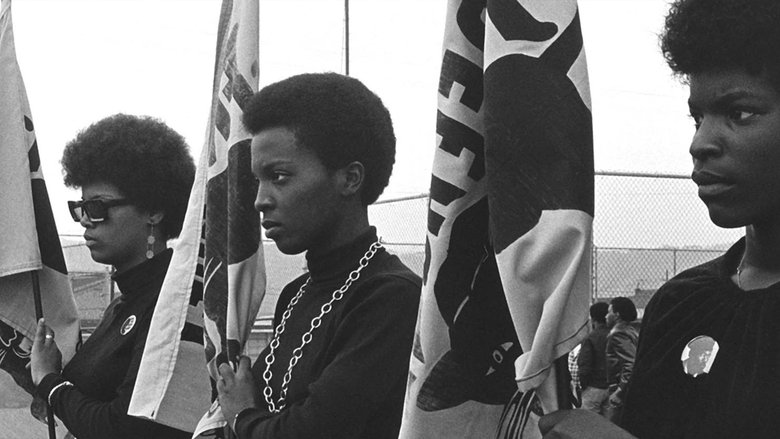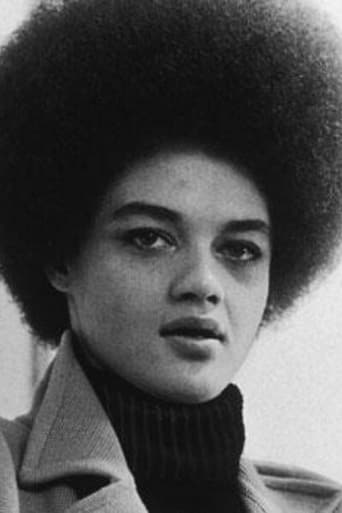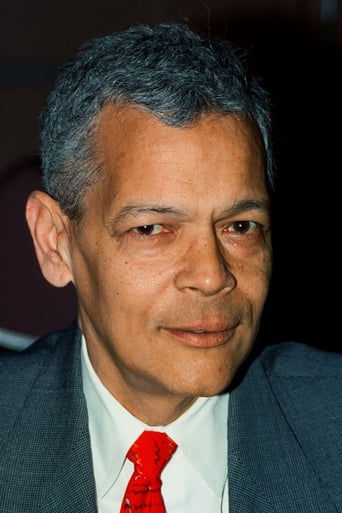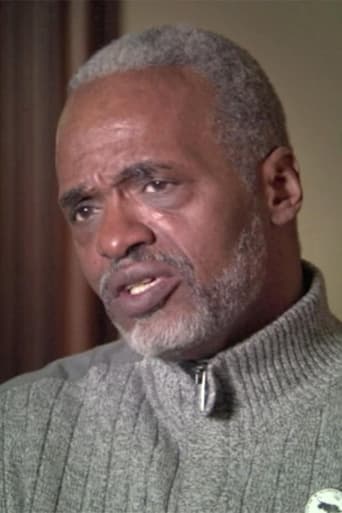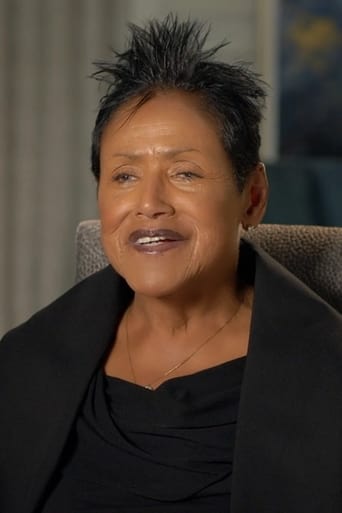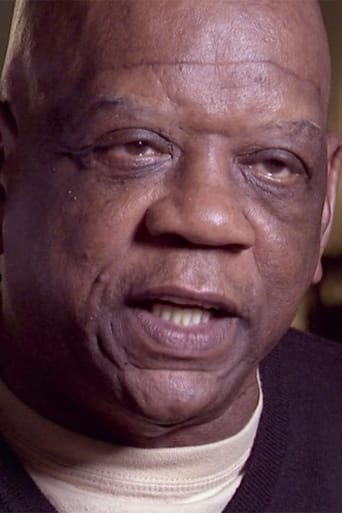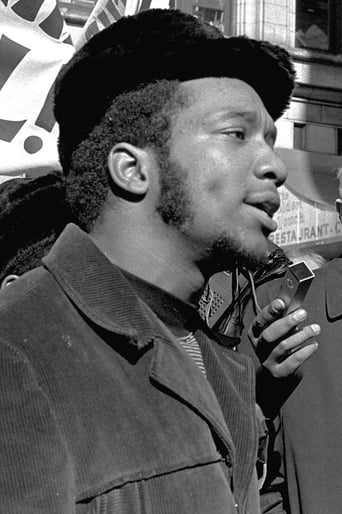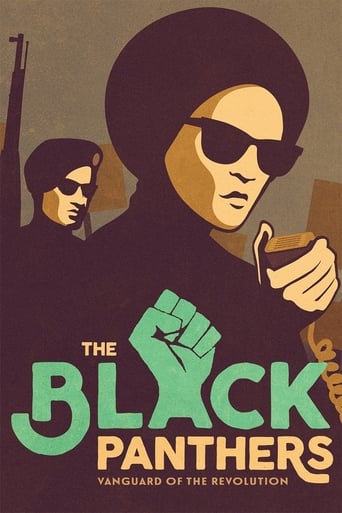
The Black Panthers: Vanguard of the Revolution
March. 08,2015The story of the Black Panthers is often told in a scatter of repackaged parts, often depicting tragic, mythic accounts of violence and criminal activity; but this is an essential story, vibrant, human; a living and breathing chronicle of a pivotal movement that birthed a new revolutionary culture in America.
Similar titles

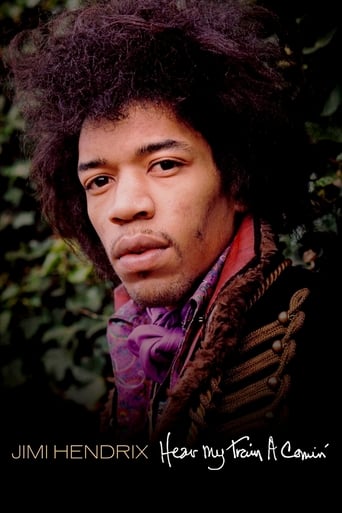
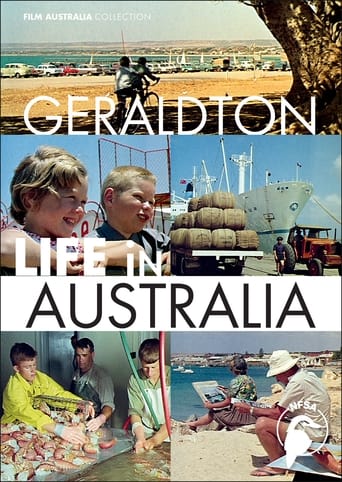
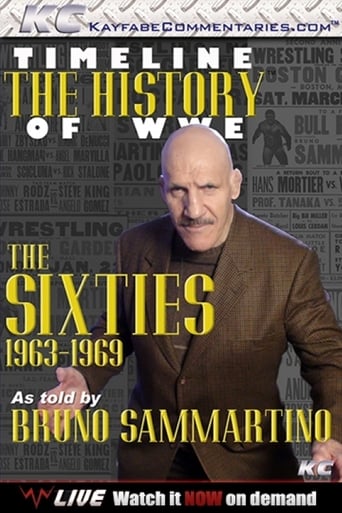
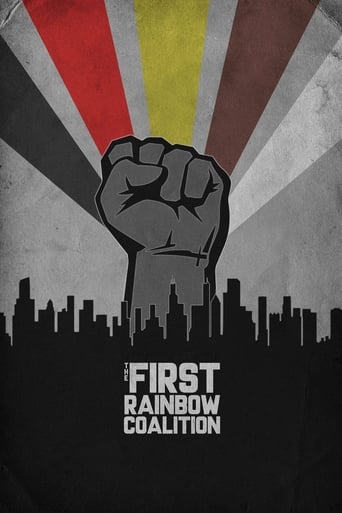
Reviews
Why so much hype?
A Masterpiece!
Wow! What a bizarre film! Unfortunately the few funny moments there were were quite overshadowed by it's completely weird and random vibe throughout.
The first must-see film of the year.
BLACK PANTHERS is a salutary piece that should be shown as a reminder to every politician past and present that racism is alive and regrettably flourishing throughout the United States. Perhaps they should bear this fact in mind before making racist and inflammatory statements in their campaign speeches.With the help of extensive archive footage plus first-hand reminiscences from those involved, Stanley Nelson's documentary tells the story of a movement that grew out of the Civil Rights Movement but favored more active forms of intervention. Protests might be kept largely peaceful - at least in the early years - but members of the movement were quite prepared to carry weapons, especially in California, where a loophole in the law allowed them to do so. The overwhelmingly white police force took strong exception to this, but there was little they could do within the confines of the law ... except to beat up miscreants in the name of preserving the peace.Ideologically speaking, the Black Panthers had a lot in common with the liberation movements that sprung up all over Africa during the Sixties. Many nations freed themselves at length from the shackles of colonial rule: the Black Panthers wanted to do the same for African Americans within the USA. They garnered considerable support from within the African continent, and managed to attract a huge following for their various demonstrations. The media found some of them highly attractive with their Afro hairstyles and alternative modes of dress through which they expressed their unique identities.In a chilling reminder of the anti-Communist movement two decades previously, the government - especially under Richard Nixon - tried to limit the Black Panthers' activities through the work of J. Edgar Hoover and the FBI. Although not exactly described as such, his determine to root out so-called "subversives" reeked of an anticommunist witch-hunt, taking place in a country that publicly speaking liked to proclaim its commitment to democratic values.Perhaps the document was a tad one-sided, as it tended to concentrate on the Panthers' commitment to eradicate racism while not exploring some of its more violent tactics. But then perhaps they could be justified; the days of the African American passively turning the other cheek or peacefully resisting in a manner prescribed by Martin Luther King were long gone.My first memory of the Black Panther movement and its significance came at the 1968 Olympics, when the African American Tommie Smith raised his hand in the movement's salute just after he had received a gold medal. Although the television companies tried to make light of the incident, it was a clear indication of how the movement had become part of the mainstream rather than remaining on the margins.
What can you do when the system is biased against you? You can resist. Who is drawn to resistance? The young, the restless, those not yet powerful even by the standards of their own communities. What good does violent resistance do? Maybe not much directly, but it helps re-frame a debate in which otherwise the powerless are ignored. The Black Panther Party was a movement established to protect the interests of black Americans in the 1960s. On one hand, they were terrorists whose mandate was self-given; on the other, they really inspired the communities in which they were embedded, to whom the police were just the mightiest local mafia. They combined a message of self-help, pride, the demand for justice, protection and revolutionary fervour; at their worst, they advocated murder (and in return, members were literally murdered by the cops) and (near the end) raised money from drug dealing. Their charismatic leaders ultimately fell out with one another; their eloquent speeches remain compelling today. This documentary, featuring interviews with many surviving Panthers, is a bit one-sided; we don't hear from those within the community who did not approve (there surely must have been some), or (say) from the families of police officers hurt by Panther violence (only from those cops who still take pride in the violence they dealt out). But the sense of anger at the everyday injustice perpetrated on black Americans that drove the Panthers' formation is clear. Ultimately the Panthers had nowhere to go; their last significant act was in electoral politics, both admirable and yet strangely unambitious for an organisation that had been committed to the overthrow of the government of the United States. Of the Panthers' three most famous members, two are dead, one having become addicted to drugs and the other having become a Republican. But Bobby Seale still lives as a community activist in the Bay Area. And for all the problems, this documentary leaves one (mostly) impressed by what he tried to do.
This is the story of the revolutionary group, The Black Panthers. Formed in the late 60's, they were an anti-capitalist, left wing militant group formed by disenfranchised black citizens originally in Oakland, California. Their formation was a result of the continued harassment and police brutality their people suffered in American cities at that time. It was a separate incarnation from the Civil Rights movement which had been specifically about redressing the actual lack of equal rights for black people in the American southern states. The Black Panthers were formed to stand up for blacks in the more 'equal' urban areas who were still put upon by the white authorities and who still suffered much racism. They famously had an image of openly bearing arms and their overall approach was of a more confrontational style than that preached by Martin Luther King. Just as important, their look became very chic, dressed all in black, wearing berets, leather jackets and shades, they also sported afro haircuts in an unashamed way for the first time in contemporary America. The idea was to visually show that black was beautiful in its natural form. The look certainly resonated with images of the group making the front covers of various magazines; it remains iconic to this day.The film is made up by a combination of extensive archive footage from the time and current interviews with past members of the group. It tries to understand some of the motivations and ambitions of the group, while looking at some of their opponents such as the head of the FBI, J. Edgar Hoover who seemed quite obsessed with eradicating the group. In one telling clip he even states that he doesn't consider the concept of justice as being all that important and that law and order was what he was all about. So it's perhaps not so surprising that this philosophy led to an infamous incident where a prominent member of the Black Panthers was murdered by the Chicago police, an event that is thought to be related to the FBI chief in some way. For some reason though, despite the very interesting subject matter and the dramatic backdrop that the late 60's / early 70's America provides, I felt something lacked from this telling of the story. It never seemed to be as dynamic as it should be and while I learned a few things, it never felt as engaging as it should be and so I left a bit disappointed on the whole. This is certainly an interesting subject though and it does cover quite a lot of ground but I felt it could have been more dynamically told.
With the heightened sense of racism that has been projected in the media in the last 12 months (not that it didn't exist without all the publicity), director Stanley Nelson's recollection of the fight for civil rights with The Black Panthers on the front lines seems highly appropriate at this juncture. While some deemed the party's actions as bold and arrogant, the passion for equal rights was front and center. Nelson divulges frank interviews with former Black Panther members as they discuss their methods that exploited the media to further their cause as well as the rallies that ignited the streets with support and outrage. The true enthrallment comes from the dastardly deeds of J. Edgar Hoover and his Counterintelligence Program that tracked, tapped, and falsified personal letters to members of the Black Panther party. The first Director of the FBI even convinced detained party members to turn on their organization and become government informants. It's an accounting with so many outrageous points it has to be true. -Jimmy Martin
Top Streaming Movies











